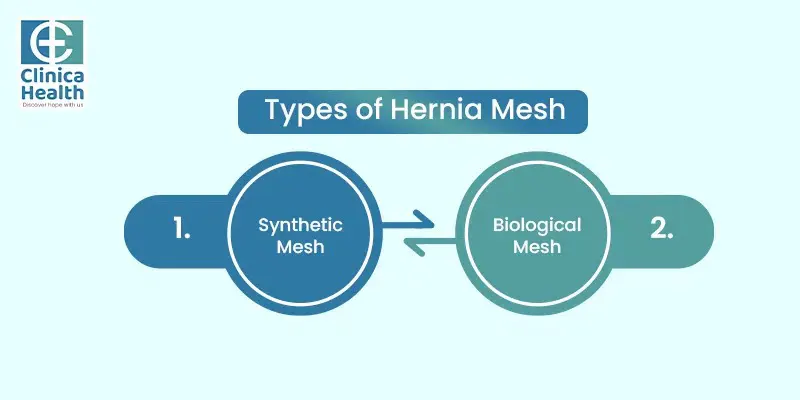-
 Call Now:
8010 552 552
7595 838 844
Call Now:
8010 552 552
7595 838 844
-
 Email Me:
[email protected]
Email Me:
[email protected]
A hernia occurs when a part of the internal organ or fatty tissue protrudes through a weak spot in the surrounding muscles or connective tissue called the fascia. Hernias can happen in any part of the body, but the most common areas include the abdomen and groin.
The condition is usually present with the appearance of a bulge, which becomes more prominent when coughing, standing, or sneezing. The individual also experiences severe pain and discomfort when bending or lifting heavy objects. They might even suffer from rapid heartbeat, fever, nausea and vomiting. Many people mistakenly believe that a hernia will go away on its own, but that’s not the case. No hernia will naturally close or fix itself. In fact, the condition takes a serious turn if left untreated.
Dr. Purnendu Bhowmik, one of the best doctors for performing hernia surgery in Kolkata, stated that surgical intervention is the only effective treatment for hernia repair and prevents its strangulation.
Hernia surgery is done in various ways with the use of mesh in many cases due to the several benefits it offers. In this blog, you will get to know about the role of mesh in hernia repair in improving the surgical outcome.
In hernia repair surgery, a mesh is primarily a net-like, flexible foreign device that is incorporated into the body to support the damaged tissue around the hernia. It is mainly used by surgeons to allow for better healing and reduce the risk of hernia recurrence.
A hernia mesh comes in different sizes depending on the type of hernia to be repaired and the surgical technique used by the surgeon.
There are mainly two types of mesh that are used in most hernia surgeries.

According to Dr. Purnendu Bhowmik, who is highly regarded for performing hernia surgery in Kolkata, the use of mesh in hernia surgery has the following benefits:
Mesh has revolutionised hernia repair. However, it is also to be noted that hernia surgery is quite complicated. Hence, it is essential to choose an experienced hernia surgeon and discuss the potential benefits of using mesh for better outcomes after the procedure.